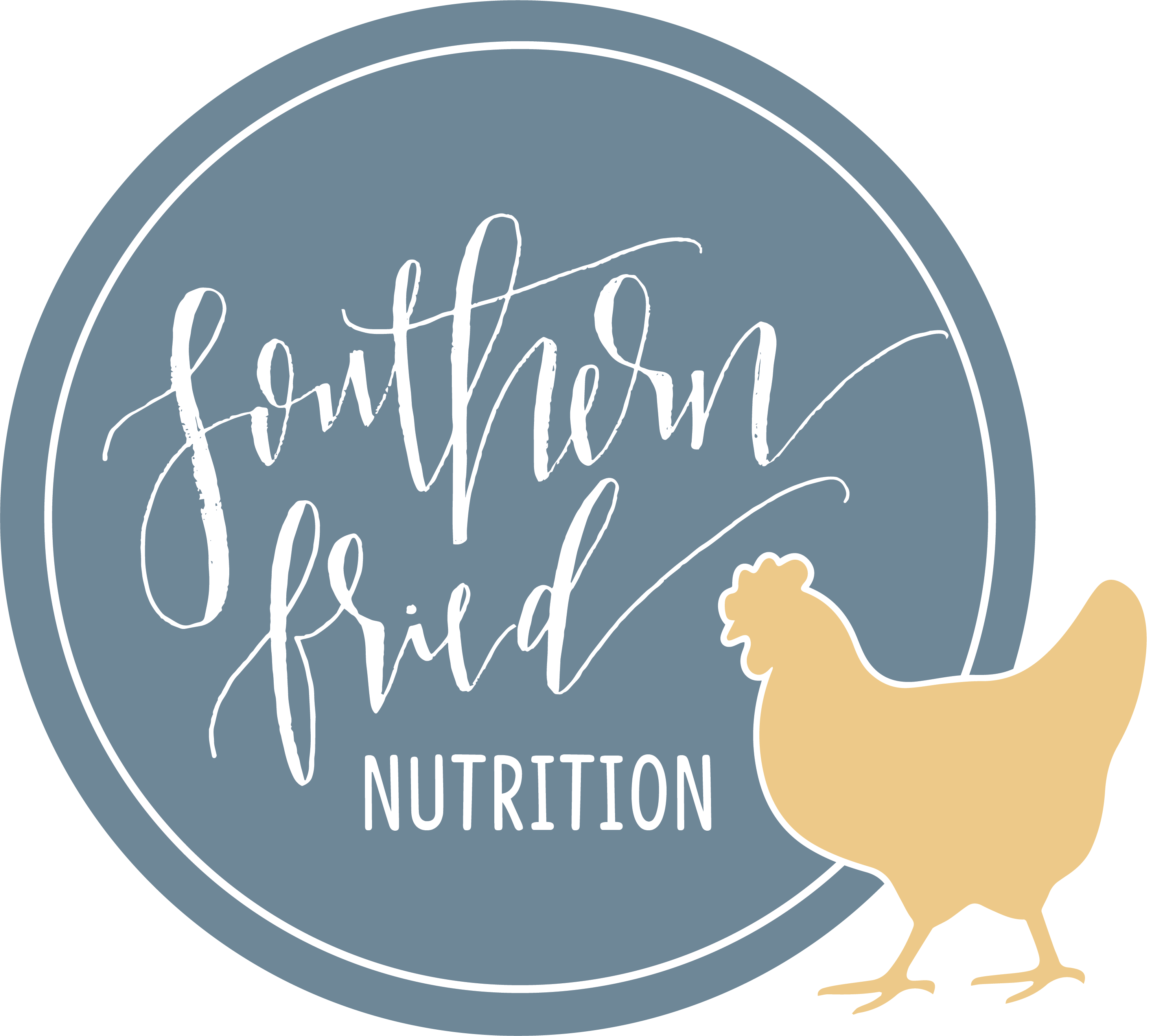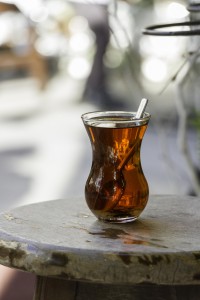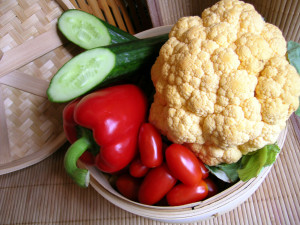This is a guest post written by the very talented and quite fabulous Caroline Young Bearden. Caroline is in the process of completing her dietetic internship and will be an excellent registered dietitian nutritionist – graduating August 2016!
A couple of weeks ago, I was celebrating a friend’s birthday at a cocktail party. Next to the decadent display of fine cheeses and charcuterie, I began a conversation with a friendly couple. We got to talking about our jobs. I explained that I am completing my masters in nutrition and wrapping up my 1,200+ hours of supervised practice to become a registered dietitian nutritionist. Immediately, the husband said, “Oh, a dietitian huh? Here’s my question: yes or no to juice cleanses?” My answer, as always, was one word: No. My new friend loved my response, however he seemed surprised and almost relieved. I wasn’t quite sure what he had expected me to say, but it got me thinking…
His reaction revealed a common misperception, which a lot of people seem to have, that sound nutrition must come with periods of severe deprivation. I understand the desire to go on a “cleanse”, particularly after periods of over-indulgence, whether it be the extra dessert over the holidays or the one-too many cocktails at a wedding. However, I’m not on board with extreme measures such as cutting out whole food groups or going on liquid binges in order to “cleanse” the body. While most people probably enter cleanses with the right intentions to optimize their health and feel better, research shows severe restriction practiced during something like a juice cleanse may actually have the opposite effect.
When it comes to types of detoxes, cleanses and fasts, there is basically a never-ending list, but here are three common examples.
- All liquid diets such as juice fasts, which can last from just a few days to a few months. On this regimen, you only consume freshly juiced fruits and vegetables. For example,the 7-Day Juice Cleanse calls for four to six juices per day, each with 16 to 20 ounces. One warning of embarking on this plan, as well as other similar cleanses, is there will be some dizziness and headaches.
- The Lemonade Diet, also known as the Master Cleanse. It involves several days of consuming only “lemonade,” consisting of lemon juice, maple syrup, and cayenne pepper. Its website makes claims like, “ridding your body of parasites” and “flushing the colon.” Fans of this cleanse include celebrities like Beyoncé and Demi Moore.
- The Candida Cleanse can last from several weeks to months. It starts out with a few days of only eating raw salads and steamed veggies. Then, the remainder of the cleanse bans all fruit, added sugars, most starchy veggies, mushrooms, all grains and dairy, pork, fish (except salmon), beans, select nuts, caffeine, alcohol and most oils and vinegar. While supporters of the cleanse say it prevents bacterial overgrowth in the intestine, there are no strong studies to support this theory.(1)
So, what do we know about what happens to the body during strict cleanses or detoxes? First of all, the lack of food and essential nutrients will send the body into a calorie-deficit and eventually into a starvation state. During these times, the body must work extra hard to generate energy for life-sustaining brain and organ functions. Carbohydrates are the body and brain’s preferred source of fuel, but these stores are depleted within a day. This means if we don’t feed the body enough nutrients, it will eventually start to tear through our fat and then protein (muscle) stores to find more energy (in the form of glucose, or sugar).(2) A prolonged starvation state can lead to hypoglycemia (low glucose or blood sugar levels), which causes several side effects mentioned earlier, such as dizziness, headaches, fatigue, lack of focus and anxiety.(3) Some studies also show starvation states will slow down metabolism and reduce the body’s ability to burn calories, in order to conserve energy.(4)
Additionally, most strict cleanses are low in fiber, which helps to keep us full, lower blood cholesterol, and to keep us more regular. And they can lead to the yo-yo effect on weight, because most of the weight lost after a cleanse is water. Once a regular lifestyle and way of eating is resumed, the weight (and perhaps more) will come back.(5)
Finally, there is simply not enough hard evidence to show an association between cleansing and better health. And believe it or not, the human body naturally detoxifies itself every day, eliminating and neutralizing toxins through three main organs- the liver, colon and kidneys.
Perhaps, we can forget the word “cleanse” all together and, instead, press the reset button because most people would benefit from a gentler approach. Instead of punishing ourselves with liquid diets and depriving ourselves of the enjoyment of our food, let’s just eat more nutrient-dense foods like fruit, vegetable and whole grains. Let’s reduce the junk, instead of cutting out entire food groups and placing our bodies and minds into high-stress states.
Avoiding extremes, including both excessive eating and drinking, and severe restriction is a safer way to go. Plus, it may prevent us from feeling the desire to “cleanse” in the first place!




